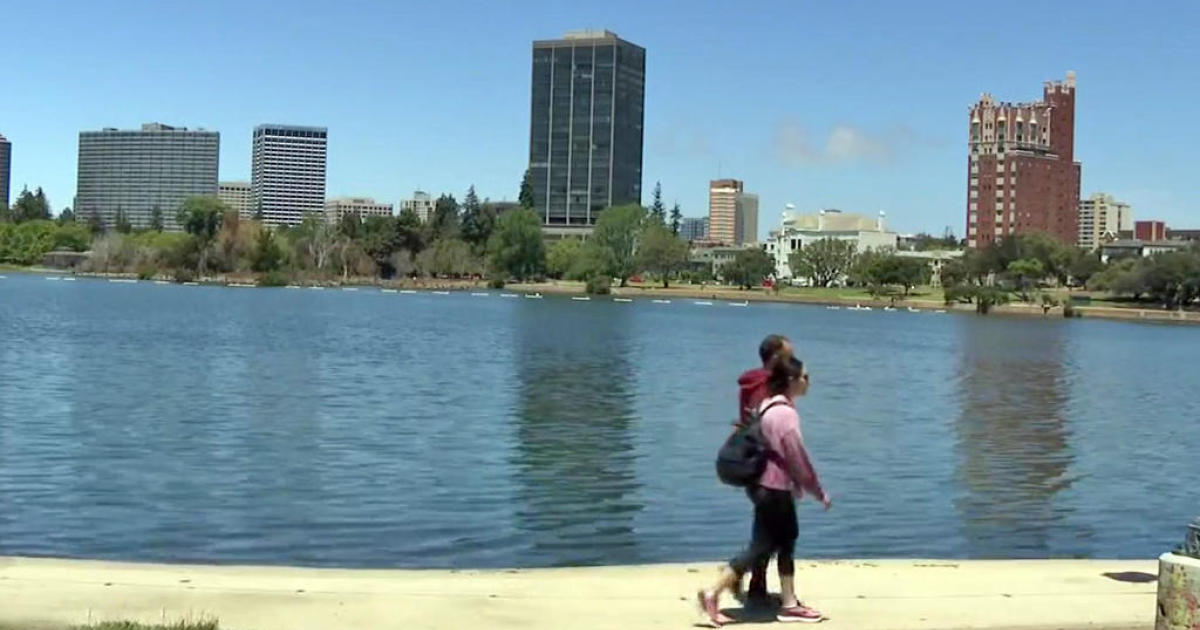Oakland housing initiative produces mixed results
OAKLAND - More than 200 of Oakland's unhoused residents over fiscal years 2019, 2020 and 2021 went back on the streets or to an unknown destination following a stay in one of in Oakland's community cabins, an audit released Monday found.
Overall, the results achieved by the city at placing unhoused neighbors into permanent housing was mixed and the city needs better information to tell if their neighbors remained housed.
That's following spending of nearly $69 million during those years to provide a variety of services for its unhoused residents.
Also, the city lacks a strategic plan for providing services. That plan is part of what is needed to achieve lasting results, according to the audit.
City Council President Nikki Fortunato Bas in 2019 asked for and funded the audit to look at how to improve the city's homelessness services.
"It is unacceptable that City Administration does not adequately collect, track and analyze information about individual's success exiting services and how long they remain in permanent housing; that must be corrected," Bas said in a statement.
She added that the administration must improve its monitoring of contracts with groups providing services to the city's unhoused residents and demand that those groups improve their data collection.
Eighty-five percent of the money the city spends to provide services to the homeless goes to outside groups.
More than 5,000 people were homeless in Oakland in early 2022, up 25 percent from three years ago. More than 3,300 of those were unsheltered, which means they were living in places not meant for human habitation such as the street, in parks and in cars.
Notably, hundreds of people were living unsheltered on Caltrans property along Wood Street in Oakland until last week when Caltrans began clearing the property.
About 40 people will have to move to another street in the city because the city had no beds for them, according to testimony in a hearing held by a federal judge.
In fact, Oakland is unable to determine how many beds are available to its homeless residents each night, according to the audit.
Interim Director of Human Services Estelle Clemons and Homelessness Administrator Daniel Cooper issued a statement following the release of the audit.
The statement said the city is taking on more responsibility for providing services to the city's homeless residents, responsibility which has traditionally been Alameda County's.
"We are committed to work with the County and other partners to enhance data collection and analysis, and implement a comprehensive strategic planning process with transparent performance metrics, outcomes, financial data, and staffing requirements as we strive to improve our service models and efficiencies," Clemons and Cooper said.
The audit showed that the city delivered services to homeless residents in proportion to the racial makeup of the population of residents. Fifty-nine percent of the Oakland's unhoused residents were Black, according to this year's Point-in-Time count.
That's down from 70 percent three years ago, but Black people make up only 21 percent of Oakland's population as a whole, according to the U.S. Census Bureau.
The City Council told City Administrator Ed Reiskin to review and assess the audit's findings and provide a plan, timeline and budget to make improvements to the city response to its homelessness crisis. That information must be shared at a public hearing no later than Oct. 31.
"Our unsheltered neighbors deserve services that lead to dignity and permanent housing, and our taxpayers deserve accountability and results from our investments," Bas said.



